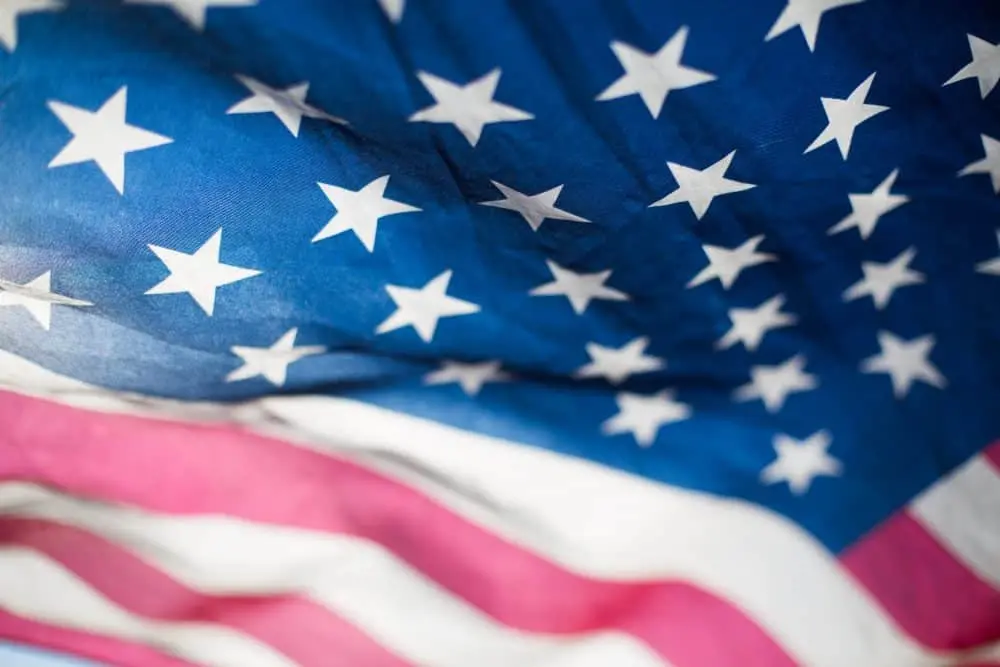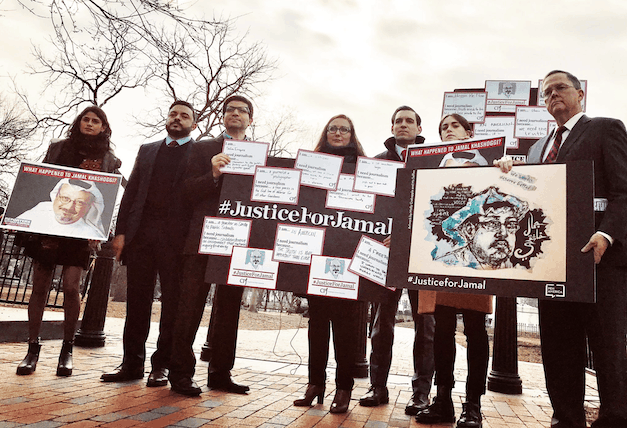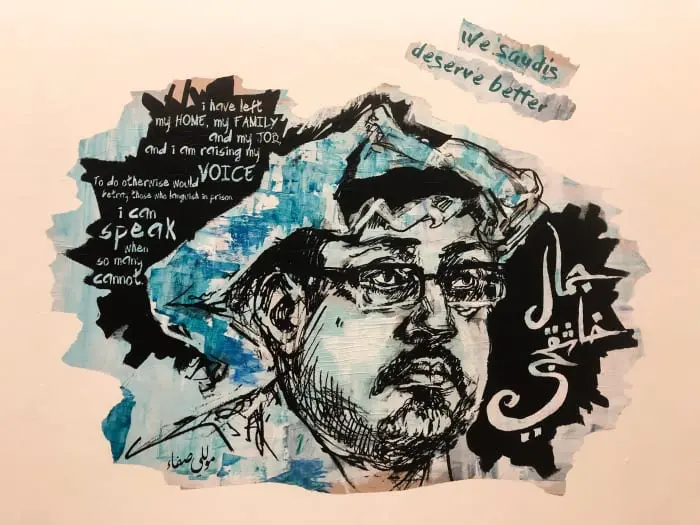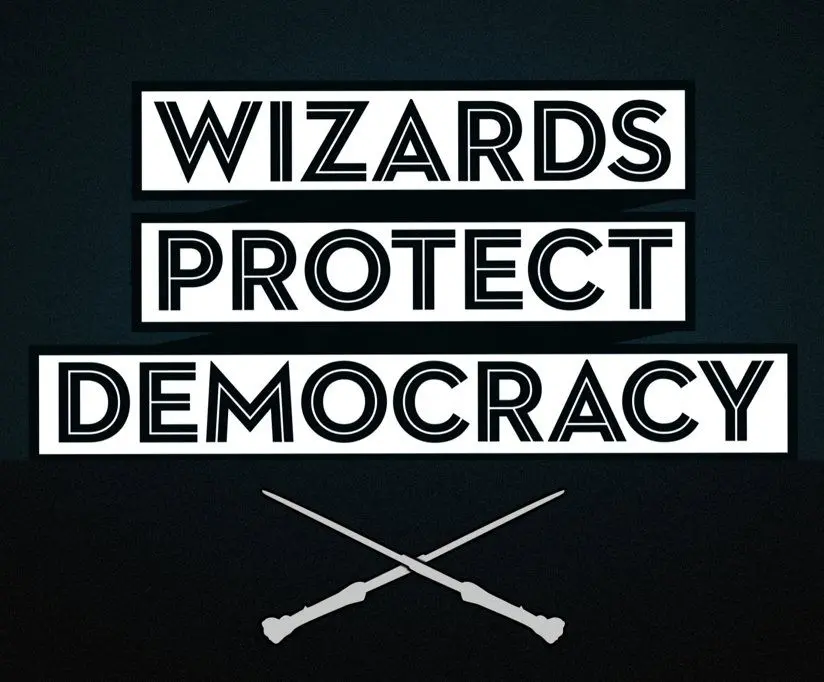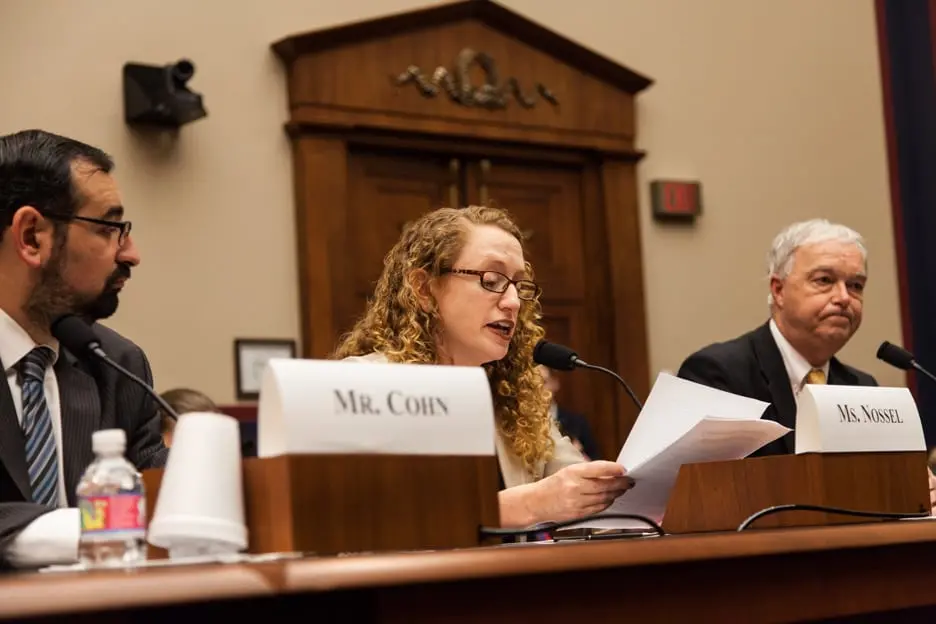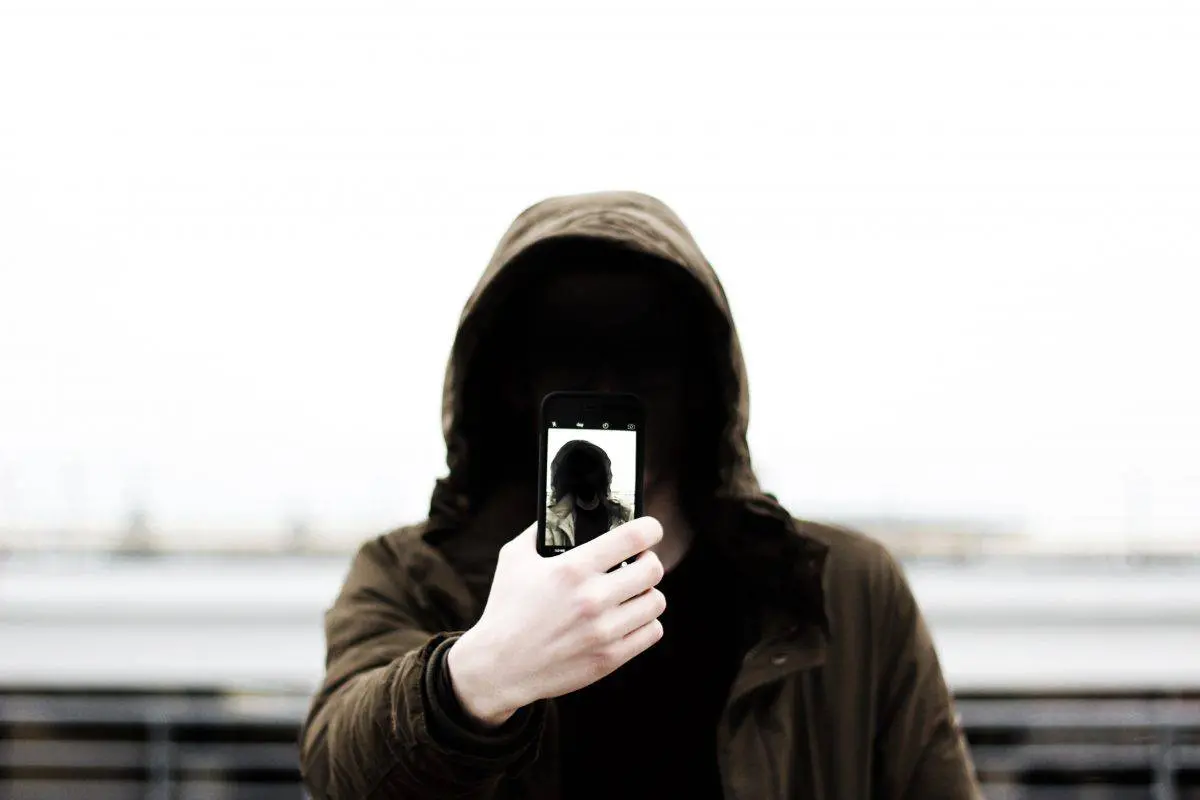That the Supreme Court last month would not accept that President Trump sought to add a citizenship question to the 2020 census to better enforce the Voting Rights Act, that a couple weeks ago senior Border Patrol agents were revealed as participants in a Facebook group calling Trump critics “scum buckets,” and that Trump will now deny asylum to almost every Central American migrant at the border, are all recent events that put in sharp relief the administration’s multi-pronged strategy to block its critics and deny entry to those it disfavors.
These recent actions—along with past actions like Trump calling for a “total shutdown” of Muslim immigration before claiming his travel ban was for national security—betray the real motivations behind a recent policy action with grave consequences for global free expression: the administration’s demand six weeks ago that visa applicants must report their social media profiles.
Ferreting out the pretext those in power use to mask their motivations is not an exercise of idle speculation but crucial to defending freedom of expression. For instance, First Amendment jurisprudence denies grants of standardless discretion to government actors charged with enforcing neutral regulations like when, where, and how loudly one can speak. Courts worry that those in power could misuse seemingly neutral regulations to burden viewpoints and content that they personally dislike.
Trump’s new social media policy for visa applicants, on its face, might seem like one of these appropriate, neutral regulations. After all, why shouldn’t the United States examine suspicious profiles to “screen out terrorists,” as the administration claims it is doing?
First, the policy’s stated rationale is suspect because the policy will not accomplish its stated purpose. Those who review visa applications already can check suspicious accounts independently and surreptitiously, as well as ask that applicants provide their profiles, an extra layer of scrutiny the administration has employed 70,000 times.
Second, the administration’s own pilot programs, along with as national security experts, indicate that requesting social media profiles will not lead to greater security. Common sense suggests terrorists are not going to provide public plans of their terror activities to security officials in the country they hope to terrorize.
However, the policy’s likely indirect effects do suggest an unstated rationale that the last few weeks have made all the more obvious: block critics. New research demonstrates that knowledge of surveillance does deter people from speaking critically, the “chilling effect” that First Amendment jurisprudence has explicitly recognized since 1952 and has long sought to counter.
Just last week Trump said, “I don’t think the mainstream media is free speech, because it’s so crooked, it’s dishonest.” Before the policy even went into effect, a Palestinian critic of Trump claimed her visa was denied for the first time because she publicly criticized the administration, and a Yemeni journalist was denied entry to claim his Pulitzer Prize. The current public context makes it all the more rational, and unfortunate, that individuals seeking visas will blunt their criticisms. Or, they may refuse to visit entirely.
Though the First Amendment does not apply to foreign nationals, the values that found it do, values that Americans hold dear and that need support in a time of decline for global expressive freedoms. The most influential appellate court after the Supreme Court has also stated that the president cannot constitutionally deny entry to someone based solely on their beliefs.
As a society, we don’t care about an individual’s right to free expression just because the Framers wrote it into the First Amendment 200 years ago. We care because we already support an individual’s right to speak their mind, and United States’ policy should reflect that.
When refusing to accept the administration’s pretext for adding the citizenship question to the 2020 Census, Chief Justice John Roberts, echoing famed judge Henry Friendly, wrote, “Our review is deferential, but we are ‘not required to exhibit a naiveté from which ordinary citizens are free.’” Trump is the president of pretext, so don’t believe a rationale of “screen out terrorists” when “silence speech” is all the more compelling.


